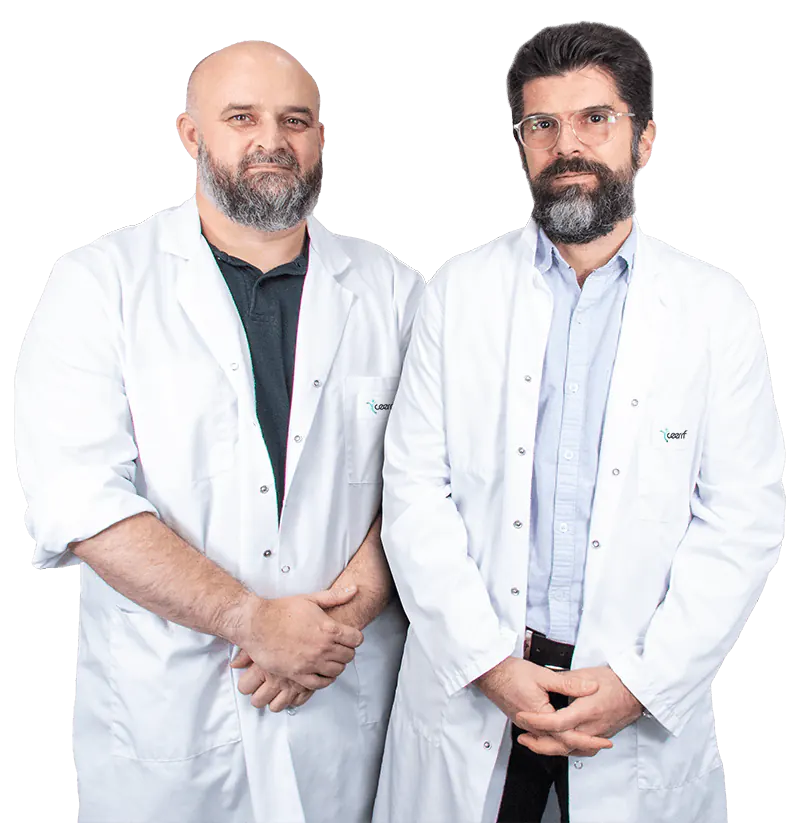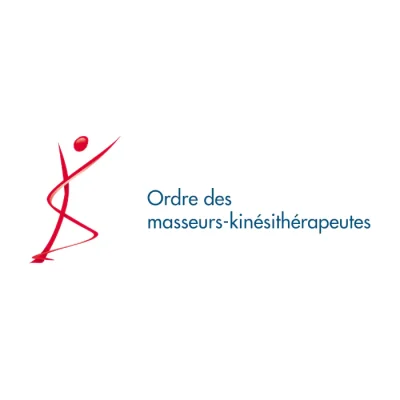Physiotherapy is a health discipline and a clinical science centered on the movement and activity of the human person. Concretely, the physiotherapist intervenes at all ages of life and on pathologies related to almost all fields of medicine. Beyond clinical care, the physiotherapist plays an increasingly important role in the care and support of patients.

Work environment of physiotherapists
In accordance with the legal framework defined by the Public Health Code, the practice of physiotherapy includes health promotion, prevention, physiotherapy diagnosis and treatment:
In the context of hereditary, congenital or acquired, stabilized or evolving pathologies involving an alteration of functional capacities, the physiotherapist implements manual, instrumental and educational means and participates in their coordination.
In the exercise of his art, only the physiotherapist is authorized to use the disciplinary knowledge and the associated know-how that he considers most appropriate to the situation of his patient, in compliance with the aforementioned legal framework.
When acting for therapeutic purposes, the physiotherapist practices his art on medical prescription. Unless otherwise indicated by the doctor, he can prescribe health products, including nicotine substitutes, necessary for his patients. The list of these health products is determined by ministerial order.
In case of emergency and in the absence of a doctor, the physiotherapist is authorized to perform the first acts of care necessary in physiotherapy. A report of the acts performed under these conditions is given to the doctor as soon as he intervenes.
Physiotherapy exercise mode
The physiotherapist has the choice of his mode of exercise: liberal and/or salaried. The physiotherapist can indeed practice as a liberal and as an employee at the same time. In addition, he can also intervene in training, whether initial or continuous, or in a specialized environment, such as sports clubs for example.
Liberal practice is mainly done on medical prescription and it is also possible to develop other parallel activities (osteopathy, fitness classes, etc.) within your practice. Many practitioners practice alone in a practice, but the trend is towards grouping together in health centers in order to pool skills and availability.
In any case, the CEERRF prepares and encourages its graduates to continue their training course throughout their career to enrich and refine their professional project.
Board of physiotherapists' role
A private law body with a public service mission, the Board of physiotherapists brings together and federates all physiotherapists, whatever their status, mode and place of practice. The missions of the order are determined by the legislative texts. Thus, the order of physiotherapists is charged by law with ensuring the maintenance of the principles of morality, probity and competence essential to the exercise of physiotherapy and the observation, by all its members, of the rights, duties and all the professional obligations defined by the code of ethics.
At its departmental level, the order of physiotherapists also provides mutual assistance and is able to assist physiotherapists and their families in the event of serious illness, accident or death. Brotherhood and solidarity thus take on their full meaning.








